‘Shame cannot be erased with paint’: Iran reminds Britain of its history of crimes
By Mohammad Homaeefar
“Shame cannot be erased with paint". The municipality of Tehran has erected a series of hoardings near the British embassy with this intriguing message that essentially seeks to draw attention to atrocities Britain has committed against Iranians throughout history.
The hoardings, which immediately became the cynosure of eyes in the Iranian capital, came days after the British ambassador to Tehran, Simon Shercliff, and some others whitewashed the outer walls of the British embassy that had been painted with anti-Britain slogans.
The role of the United Kingdom in the months-long deadly riots in Iran triggered by the death of a young woman in police custody has been particularly dubious with Iranian authorities summoning the British envoy in Tehran several times to register their protest.
As an expression of anger and outrage over London’s support for these foreign-backed riots, a group of Iranians recently spray-painted anti-Britain and anti-Western slogans and graffiti on the embassy’s outer walls.
The pictures were widely circulated on social media, causing a major embarrassment to the British government.
In a tweet on Thursday, Shercliff posted photos of himself painting the walls, thanking the "passing friends" as well as some countries for their support.
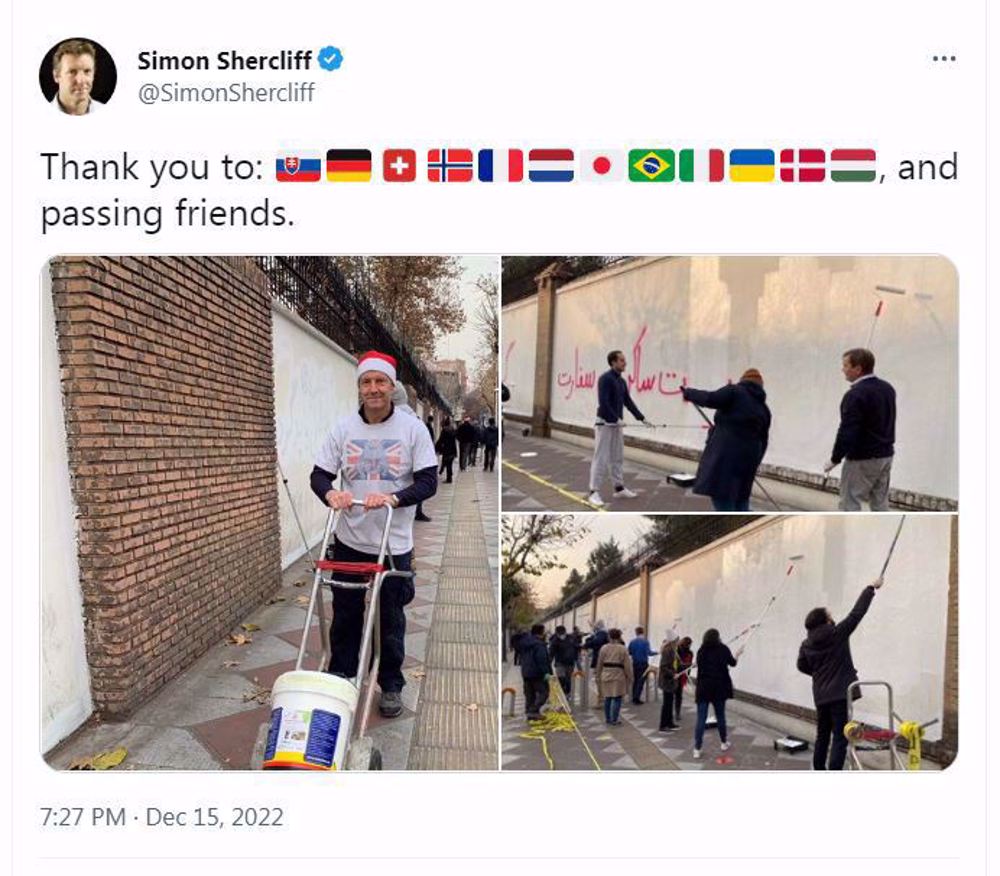
On social media, the locals who helped the British envoy and his embassy staff to whitewash the walls were strongly criticized for indulging in "whitewashing of the crimes" committed by Britain against their fellow countrymen over the centuries.
“You are right, we are different from you,” one user wrote, criticizing their action.
“You erase the shame of England; we erase the pain of the people,” he said in a Twitter thread, which included pictures of members of the Basij volunteer forces building houses for the disadvantaged, providing them with free health care, and helping people through floods.
Soon afterward, a group of demonstrators gathered in front of the British embassy and once again spray-painted slogans on the embassy’s walls, calling for the embassy to be shut down over London’s support for the recent riots.
They also scribbled the names of those who were lynched to death recently by the foreign-backed mob, including Basij members Arman Aliverdi and Ruhollah Ajamian. Both of them fell victim to the anti-Iran plot hatched in the West and executed by local gullible rioters.
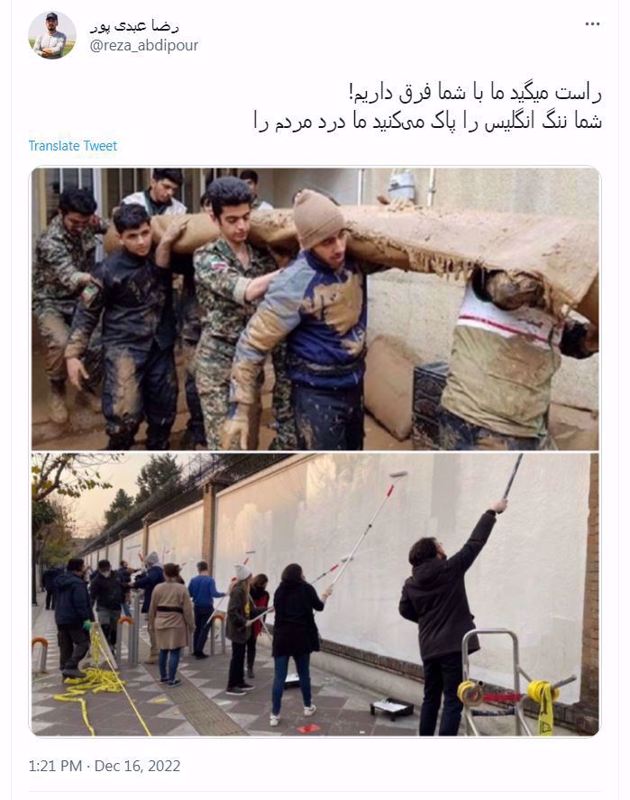
On Sunday, pictures widely shared on social media showed the municipality of Tehran had installed hoardings in front of the embassy that read: “We do not forget the crimes of England.”
They also featured a rhyming slogan in Persian that roughly translates to “Shame cannot be erased with paint,” right below pictures and explanations about some of Britain’s crimes against Iranians in recent centuries.
“We will not forget Britain’s role in the great [Persian] famine of 1917–1919,” one of them read, referring to a period of widespread mass starvation and disease in Persia (Iran) under the rule of the Qajar dynasty during World War I when about 2 million people died due to hunger and various diseases.
Maktubat, a Telegram channel, argued that the municipality didn’t have to go so far back in history to remind people of the atrocities committed by Britain.
“It would have sufficed to remind them of the crime of that government in supporting and accommodating terrorist media networks” in recent months, it said in a post, referring to the Saudi-funded Iran International news network among others.
These networks, it said, have caused widespread riots and unrest in the country by fomenting terrorism, mob violence, and separatist sentiments in Iran.
Maktubat also recommended that demonstrators should organize a peaceful rally in front of the embassy to remind the British government of how dirty its hands are in shedding the blood of Iranian people.
Iran has been rocked by deadly riots in recent months, since Amini's death in mid-September while in police custody, with Western states, including the United Kingdom, instigating the rioters and fanning the flames of unrest through media propaganda.
The role of UK-based Persian language TV channels, notably Iran International and BBC Persian, has been particularly notorious in spreading rampant misinformation about Amini's death and the developments in its aftermath, which helped stoke deadly riots.
Peace with Israel ‘not possible’ amid ongoing violations of Palestinian rights: Top diplomat
Discover Iran: The network of rivers, lakes, and wetlands of Sistan and Baluchestan
Russia: West reviving Navalny case to divert attention from Epstein scandal
Iran has ‘real ideas’ in indirect talks with US, will not submit to pressures: FM
‘Netanyahu is deceiving you’: Anti-settlement organization warns Trump
VIDEO | France, Italy, Germany call for UN special rapporteur Albanese to resign for slamming Israeli genoci
VIDEO | Kashmir prepares for Ramadan as holy month approaches
VIDEO | Two years on: Families plead for abducted Gaza doctors' release


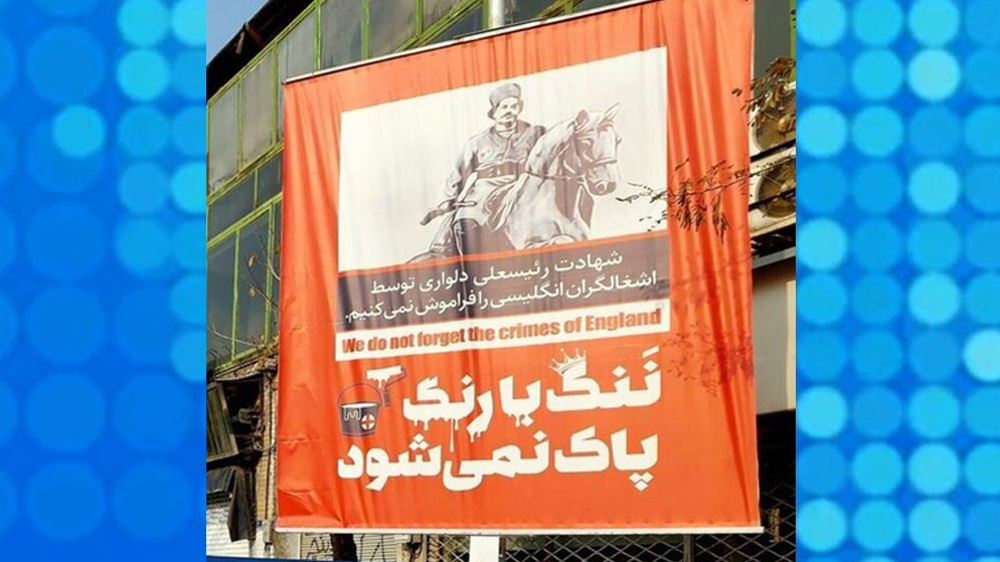
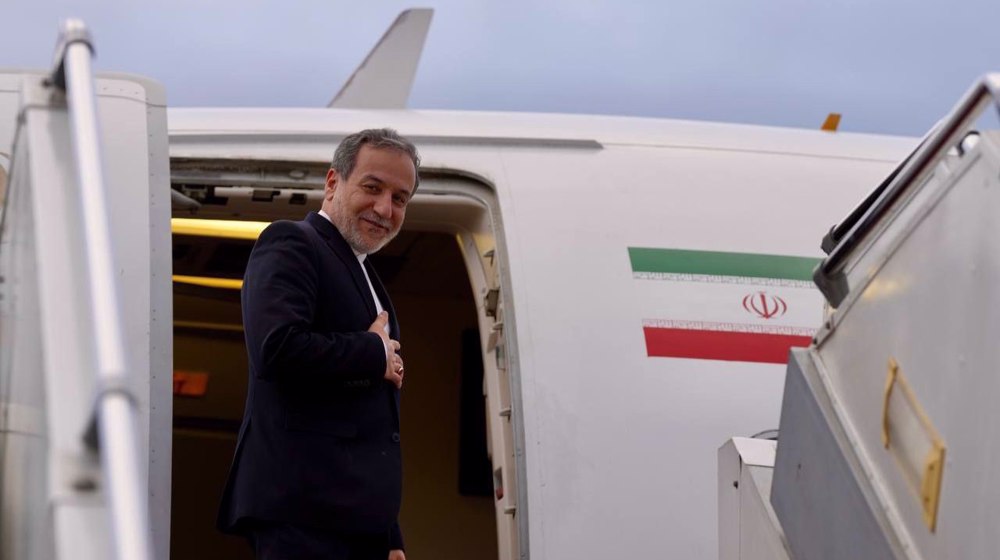
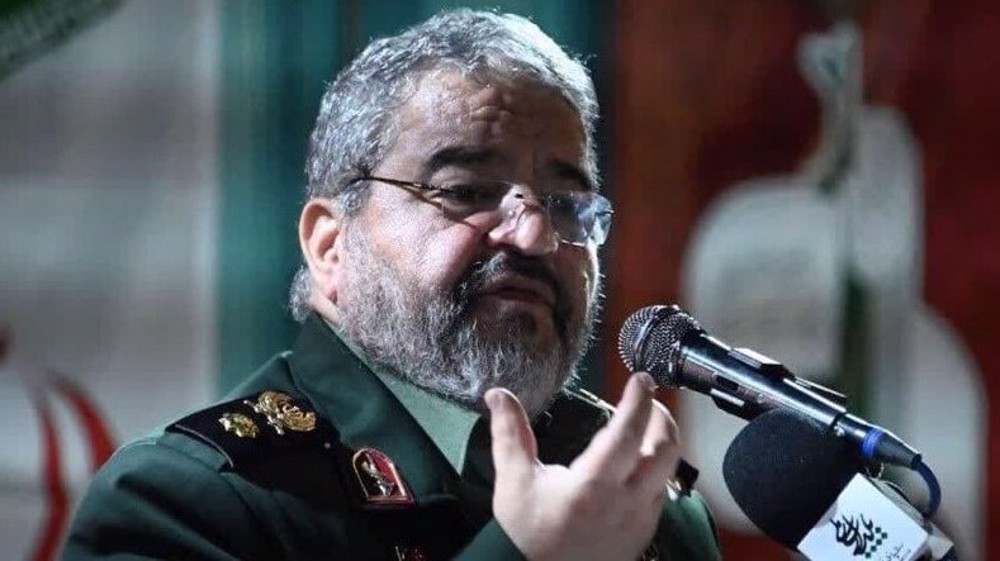
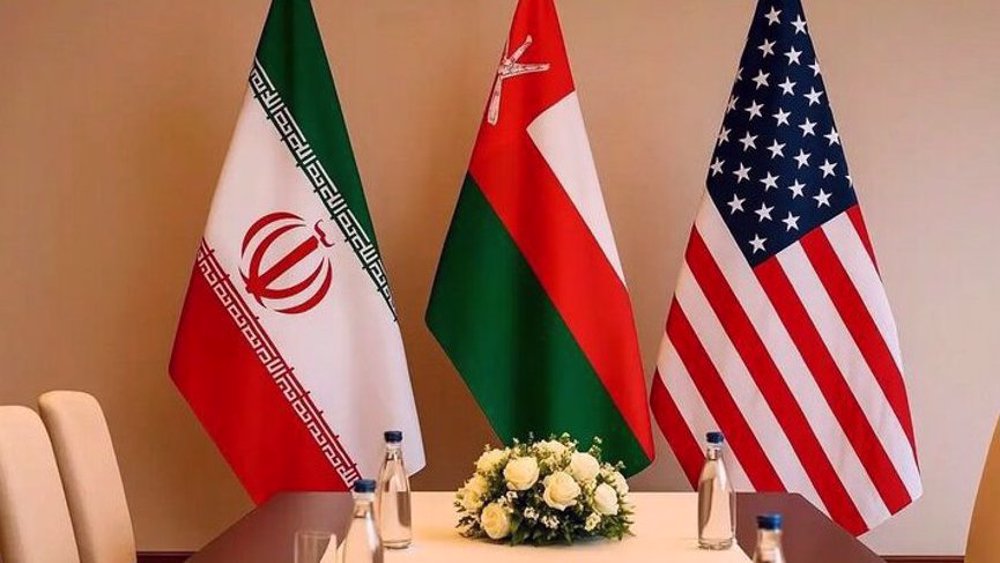




 This makes it easy to access the Press TV website
This makes it easy to access the Press TV website